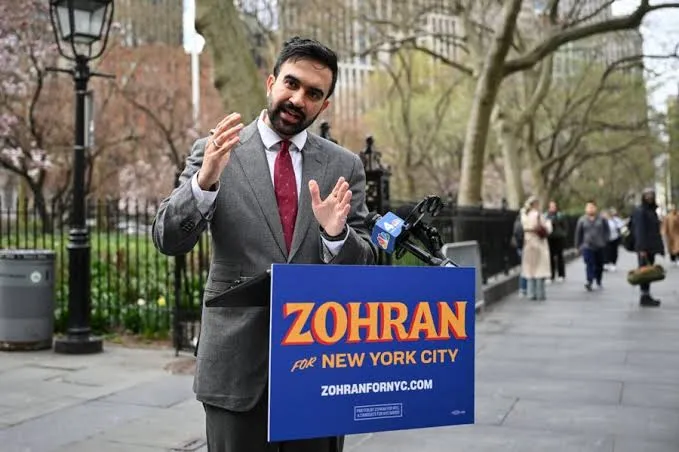
In the city where everything has a price and most of those prices make you flinch one man is betting on a radical idea that groceries, like buses or libraries, shouldn’t be a business at all.
Zohran Mamdani, a Democratic socialist (how is it even possible that Democratic and socialist are combined to form a word) and the surprise frontrunner in New York City’s mayoral race, has already stirred the political pot with calls for rent control and free public transit. But it’s his proposal to create city-run supermarkets, a “public option” for food that has people asking the question Should the government really be in such kind of business?
New York City is no stranger to extremes. Rents are sky-high, wealth gaps are canyon-wide, and even a simple grocery run can feel like a financial hit. In parts of the city, especially poorer neighborhoods, and areas with few affordable or fresh grocery option. Would this be a solution?
Because this will eliminate The profit-first logic that dominates urban retails In New York, commercial rent is not just expensive it’s ruthless. Chains pay millions to stay in prime locations, and those costs get passed straight to shoppers. By removing profit incentives and eliminating rent through public ownership, Mamdani believes the city can offer real relief to working-class families without cutting corners on quality.
Of course, critics are lining up. Conservatives call it "grocery socialism.” Business leaders warn of unfair competition. Even some Democrats worry about the costs and logistics and Who sets the prices? Who manages the supply chains? Can a city that struggles to fix potholes really run a grocery store?
But this wouldn’t be the first time. cities like Boston are doing it. If Mamdani’s model works, New York could become a blueprint for urban food justice across America.
And don’t underestimate the optics. Imagine a struggling single mother walking into a clean, well-stocked, city-run supermarket where prices are actually affordable. For her, it’s not socialism it’s sanity.
For all the headlines and hashtags, Mamdani’s idea isn’t as outlandish as it seems. Publicly owned co-ops and food markets already exist in parts of Europe. Some U.S. cities, like Los Angeles and Minneapolis, are experimenting with publicly supported food programs too.
But Mamdani is swinging for something bigger, a reimagining of the city’s role in everyday life. Instead of being a manager of problems, the city becomes a provider of solutions.
Call it bold. Call it crazy. But in a city where grocery prices rise as fast as the skyline, it might just be the kind of crazy people are ready for.